The First Anniversary of 52 Friends
A year since I finished making 52 friends
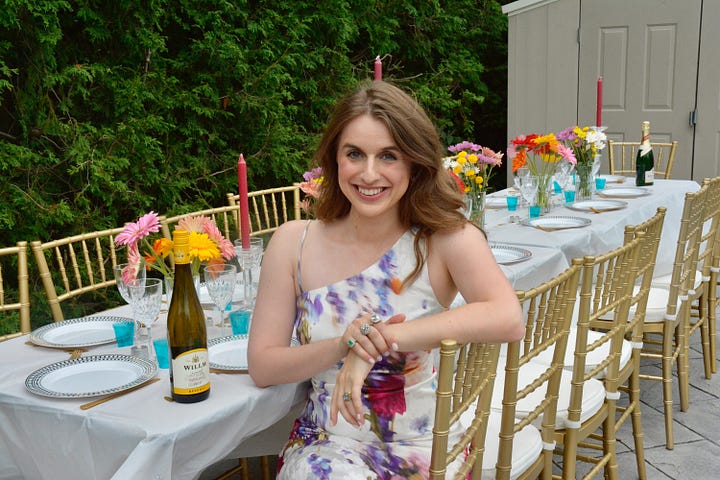
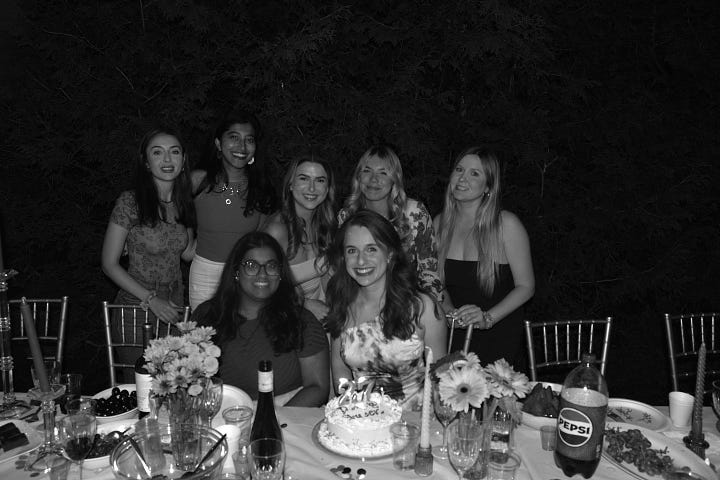
Dear friend,
I began writing this blog, 52 Friends, in October 2022. Quickly, I gained modest publicity and a year ago, on September 15th published a post summarizing my year of friendship. A year I had dedicated connecting with friends and understanding loneliness and human connection.
Thank you, friend, for being a reader; you act as a witness to my 20s and my growth throughout these years.
Often in the moments before falling asleep for the night, I think about how I documented many of my life’s details through my writing—sometimes worrying that I overshared but then finding the idea joyful as my story is unexceptional. I was a 24-year-old woman navigating adulthood—living alone for the first time in Miami, working remotely in a pandemic, outgrowing childhood friends and entering and exiting an unhappy romantic relationship.
I was hard on myself then for my mistakes—ending up in a loop of sadness where I would reach out to the wrong people who could not see me for who I am. I felt obliged to write because I believe many of us find ourselves in loops where we lose parts of our identity or simply feel stuck in or desire to build close relationships.
In most contexts, the word loneliness is used negatively, my perspective is that loneliness is an opportunity rather than a weakness—a chance to meet new people, make different lifestyle choices, observe and learn more about ourselves—a feeling like hunger or thirst or joy or sadness.
We would never feel ashamed for wanting a glass of water—why should we feel guilty for craving companionship and belonging?
Though we experience loneliness uniquely and have varying needs, I often quote the advice of Richard Weissbourd, psychologist and lecturer at the Harvard Graduate School of Education, “If every person who’s in pretty good shape can make a commitment to reaching out to one person they are concerned might be lonely once a week, that would be a good thing.”
For me, 52 Friends, acted as a long period of reflection and self-revelation. I’ll start here.
It was springtime in Toronto, sometimes sunny, that day warm enough to sit on a patio with jackets. He and I sat across from one another, “Let’s play a game,” he said.
We’d observe the people around us and build backstories for their lives. “The couple next to us are both software engineers. She’s taking time off work to spend more time with their son, Vadim,” I said.
My date, a comedian visiting Toronto from New York, found humour in my responses. A few days later, I messaged him on LinkedIn to offer him a non-existent job at the Ministry of Agriculture. “Will transportation to and from the livestock site be expensed?” he wrote back.
We met again and he helped me apply for real jobs, making edits to my resume. We walked and talked about life. He swayed me from overanalyzing. Later, he invited me to a comedy show—I was wise enough to understand that this comedian accepted and respected me. More than my most recent romance but I couldn’t be one to jump into another.
I spent a lot of time alone as spring turned to summer, everyone seemed busy and I felt unfamiliar to myself, occupying my bed for longer than usual. I texted the comedian once to propose a project where I’d document the mental health struggles of business professionals.
“Try,” he wrote back.
By October, I was living in Miami, my second time escaping to the city for a few months. On BumbleBFF, an app designed to make friends, I met Zeenath. She was a medical student on a rotation. Two strangers, we agreed to have a girls’ night out together—it would begin at a Peruvian restaurant.
Nearing midnight, we chatted at a bar called Lost Boy. She a Muslim and I a Jew, we conversed candidly about our upbringings. Her mother prayed more than her father. My mother experimented with religion more than my father. We both valued tradition but were modern women who wanted great romances.
I had a terrible habit of oversharing the intricacies of my romantic relationship from earlier in the year, a relationship I could only call abusive. Anger and shame followed me. But Zeenath listened.
She invited me to dinner at an Indian restaurant with a colleague of hers named Valentina and the three of us shared dishes that Zeenath picked. It surprised me that these two beautiful almost doctors had once too found themselves with an awful boyfriend. “It also took me longer to get over him than the relationship,” said Valentina.
It was clear then that from time to time and maybe more in our younger years, we make the mistake of spending time with people unworthy of our company only to become unworthy of our own company. A painful form of loneliness through which came 52 Friends.
Friend #6 was Claire, a French girl from Dijon who had come to work in Miami. She was charmingly optimistic in her view of life and eager to spend time with me, translating the Frenchism “with great pleasure” when I invited her on an outing.
Arranging our soirees was simple, and she brought the French lifestyle to Miami, meaning we met nearly daily for a drink or dinner. Mostly, she allowed me to recognize that anyone who is a friend should want to be part of our life with great pleasure.
By December, after many sleepless nights, I imagined how I’d dedicate the next few months to friendship and move from victim to advocate. In the new year, I conversed with psychologists and researchers as I dove into understanding loneliness, its effects on our mental and physical health, the difference between alone and loneliness, and the role of personality in our desire for human connection.
As I met friends, I made my discoveries while I frankly, had a life to rebuild. Lindsay, friend #11, a classmate from high school, reminded me that the show must always go on.
Wise words followed from other friends, like Sharina, friend #29 who said, “I know that certain people don’t like me and I know the qualities about me that they don’t like, but those are things that I love about myself.” Zain, friend #49, explained that as we grow conviction in our beliefs and values we want to surround ourselves with people who share those beliefs and values and that could mean a change in friendships.
Mr. Shaw, friend #19, my high school history teacher, became someone to bounce ideas off of. The two of us equally whimsical, dissected our friendships and romantic relationships, specifically the early days of both calling this period “the salad days.” We concluded that in life, at any age, we should always remain open to the possibility of a new relationship.
Diana, friend #35, echoed a similar sentiment speaking of her mother who she admires for her ability to form new friendships through moves, immigrations and losses. My grandma, Rozalya, friend #30, admitted that though she feels lucky that she and my grandfather still have each other, she misses many of her friends who have passed.
52 Friends was a lot of lessons learned at once and over the last year, I applied them—surrounding myself with people who value me and share my values, prioritizing friendship and family in my routines and giving myself the time to reflect.
In an ideal world, I’d love to have a group of friends who met weekly. Maybe three or four girls I’d gather with every Sunday while we casually chatted throughout the week. I don’t think the North American lifestyle makes this accessible.
The majority of my close friends these days, are friends from childhood and university. They weren’t necessarily part of my 52 friends but we began to form deeper friendships during the project. I’m also always open to the possibility of making new friends as I explore hobbies, join different groups or meet friends of friends.
Occasionally, I feel lonely because I work from home and many of my friends are over a half-hour drive away. But that kind of loneliness is easier to work through as I can take steps to quench it. I no longer feel existentially lonely and this came with repairing my relationship with myself.
I’m fortunate to have found supportive friends who champion my goals and inspire me with their own—all my writing’s biggest fans.
I’ll end with a reminder—spend time in the real world. Engage in conversations and be exposed to various viewpoints. In Canada, where I live, we have the joy of pursuing our individual dreams but this comes with the moral obligation of being our brother’s and sister’s keepers. We don’t all need to be social butterflies, for I wouldn’t regard myself as one, but we should be considerate in our interactions—be reliable and meet in person.
The objective of any relationship is companionship, to be there for one another in the good and bad times. To walk beside each other as we face life. That is friendship.
—Miriam
Next Week: An update on my book, The Salad Days.
For now, let’s check up on some of my friends…

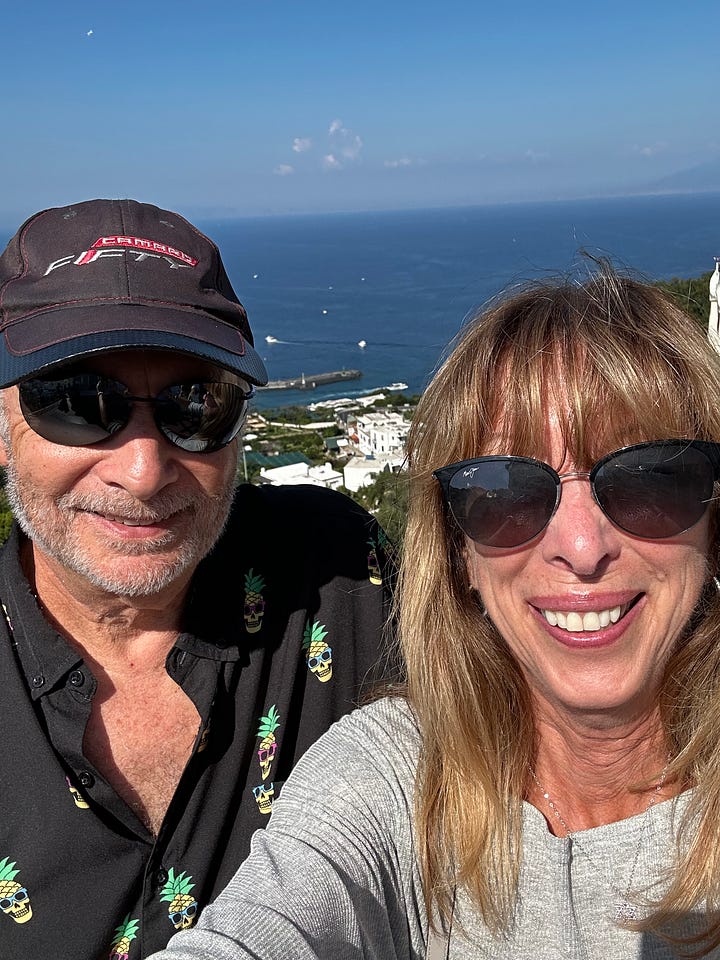
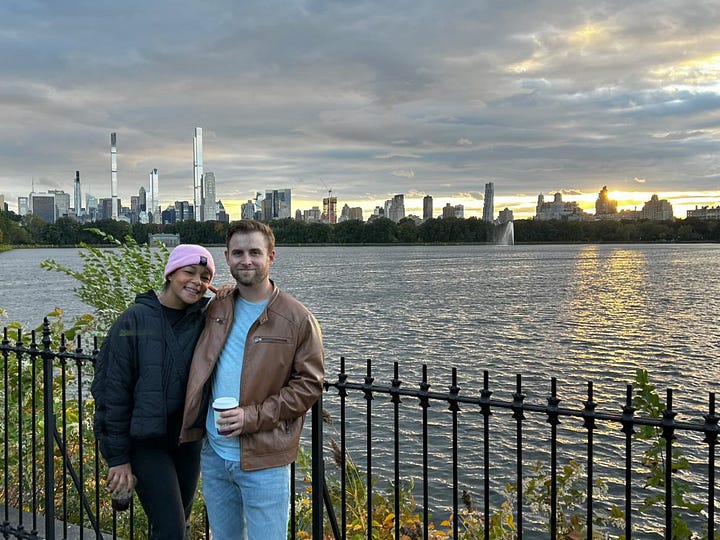
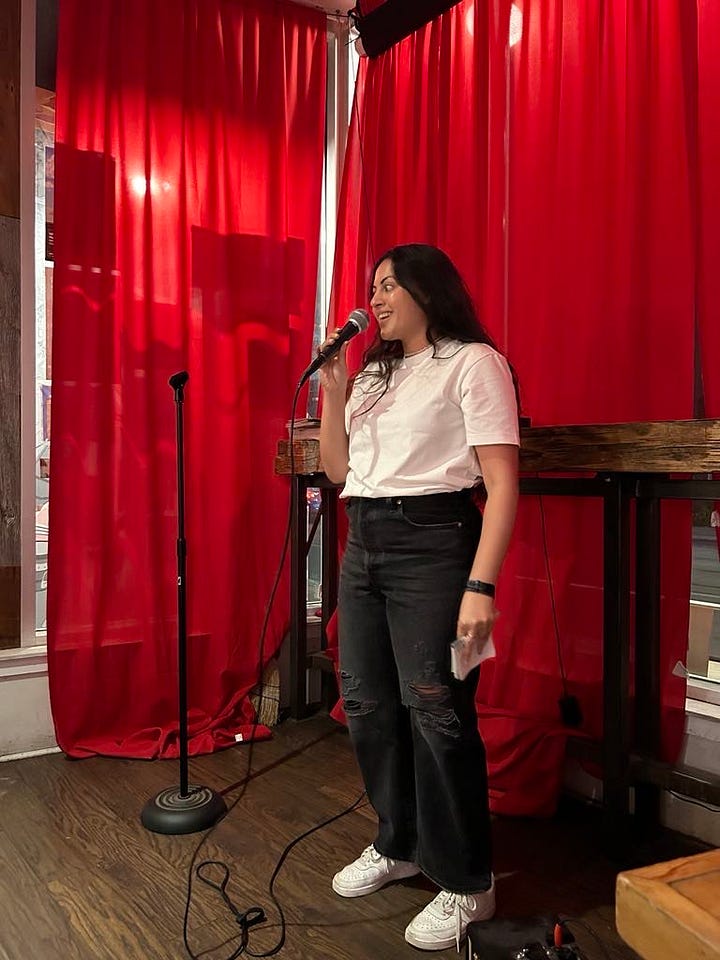
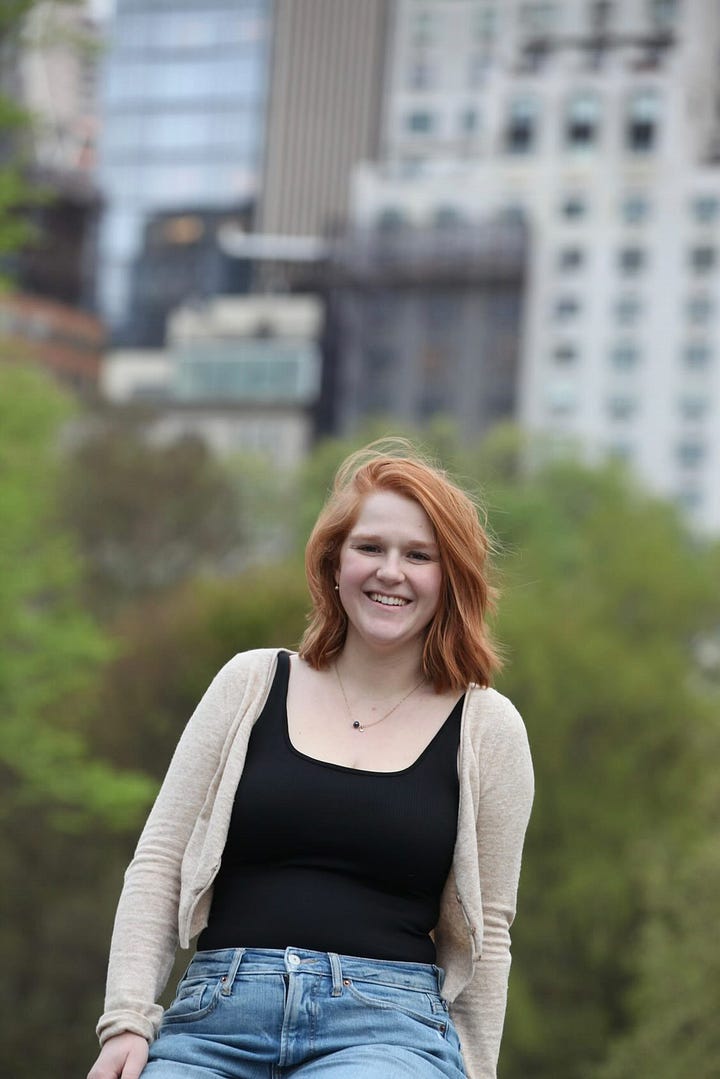
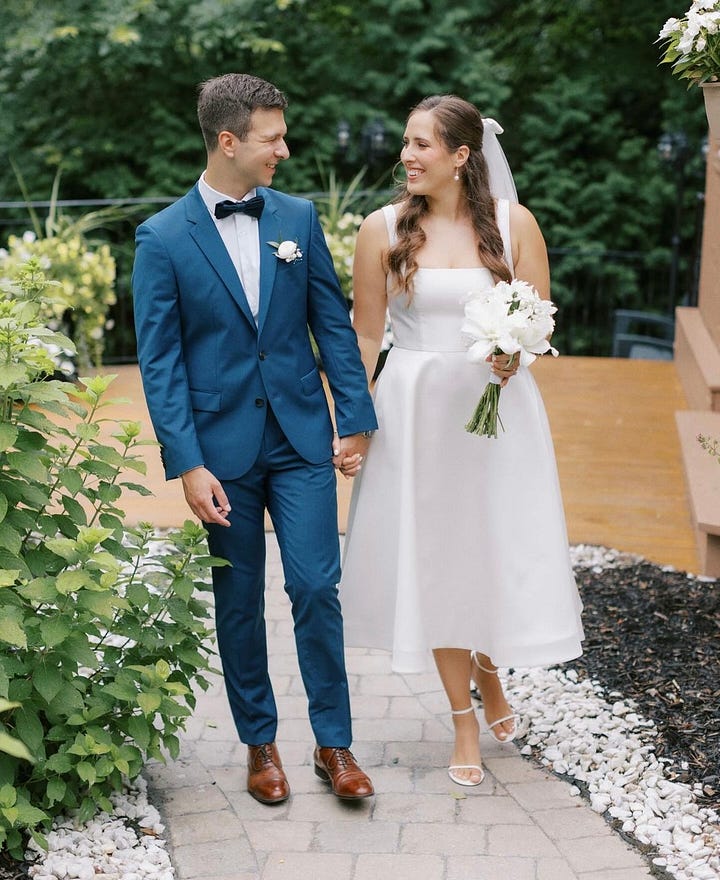
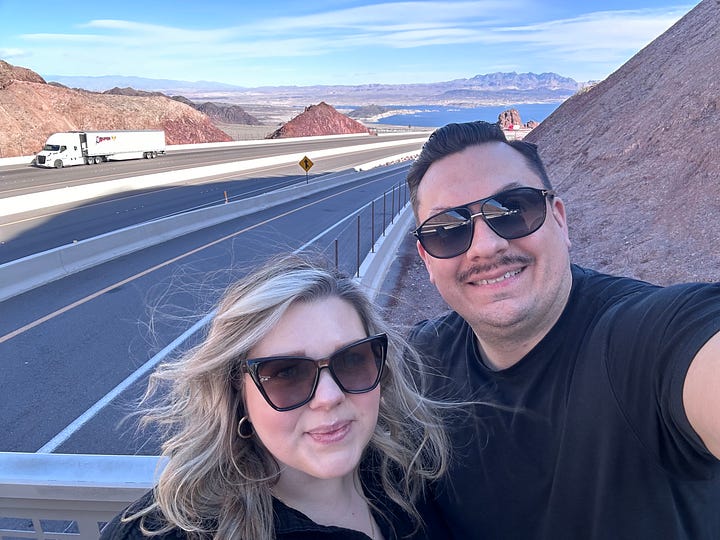
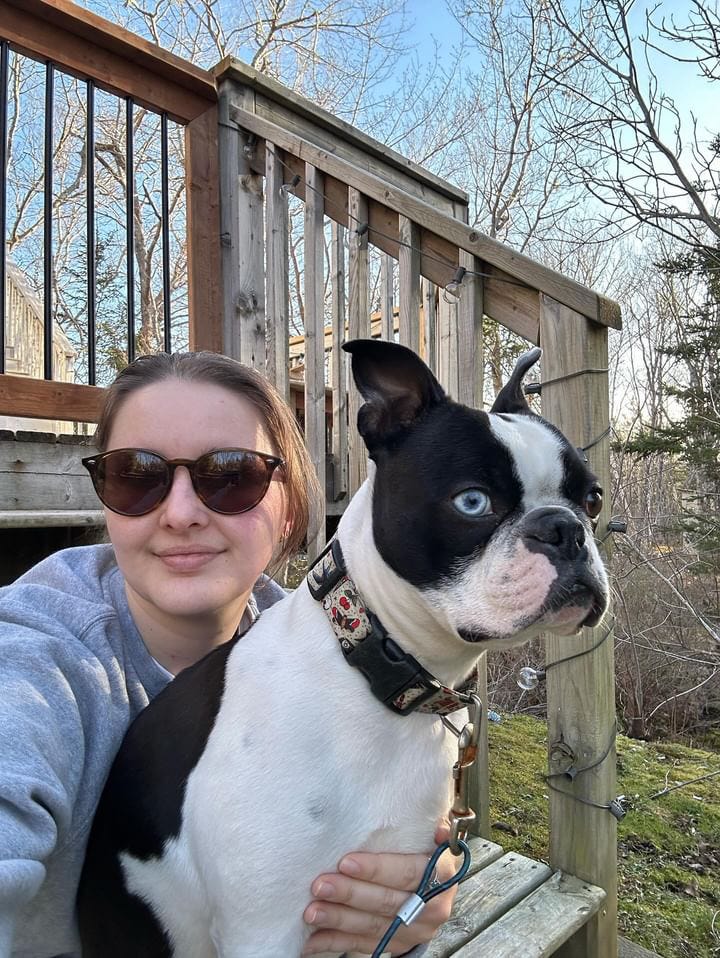
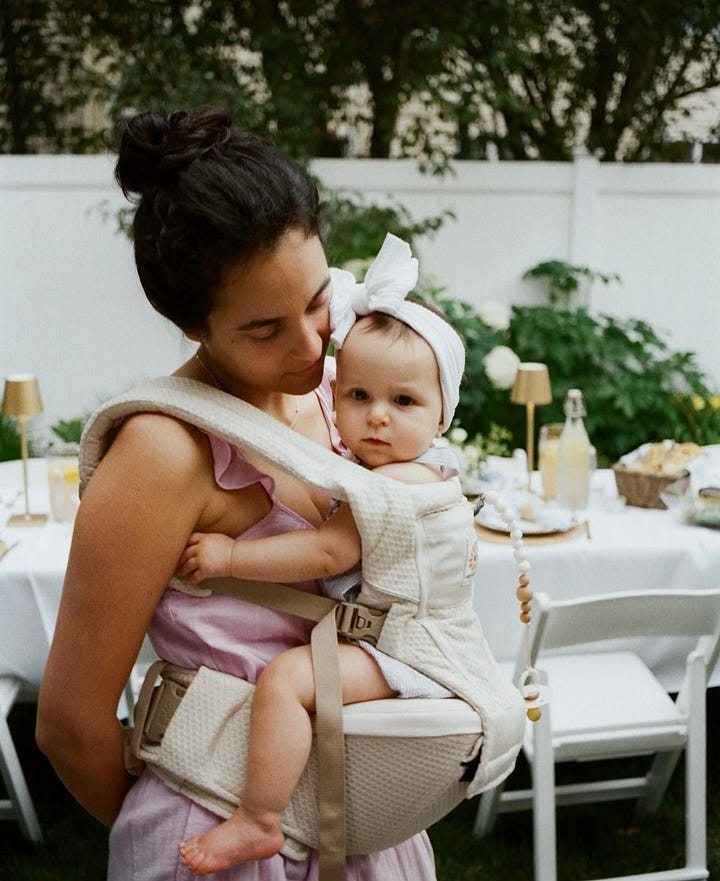
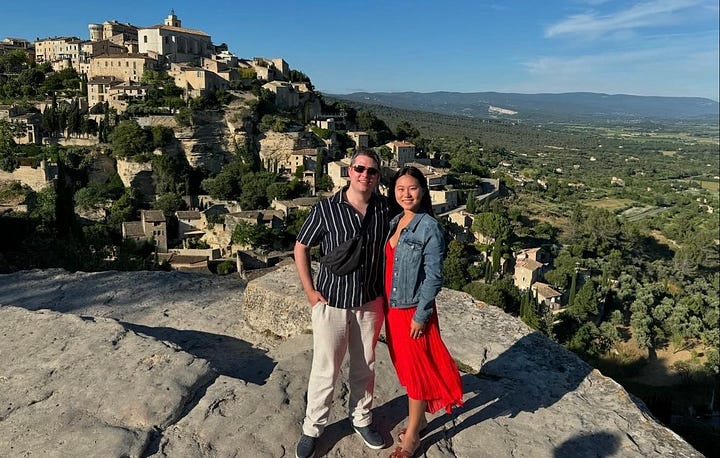
“The pessimist complains about the wind; the optimist expects it to change; the realist adjusts the sails.”
—William Arthur Ward
Hey friend, thank you for reading! I’m glad you’re here. Please leave a comment if you have a moment, I’d love to know what you think of this piece or anything else :)
If you liked what you read, it would make my day if you shared it!
And if you’re not a subscriber but stumbled upon this page because someone shared it with you, please do subscribe.


